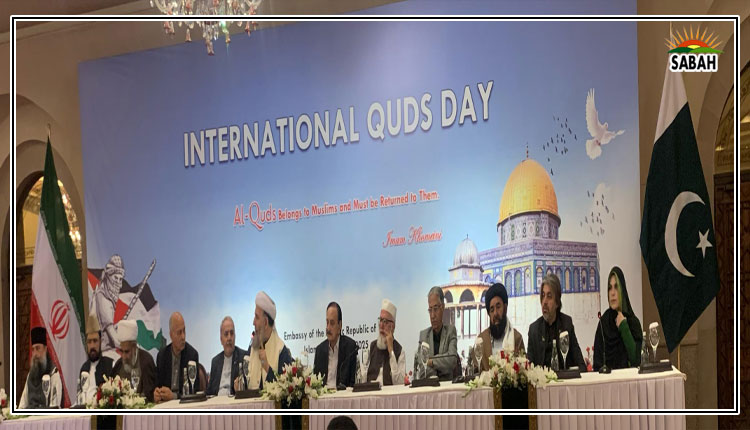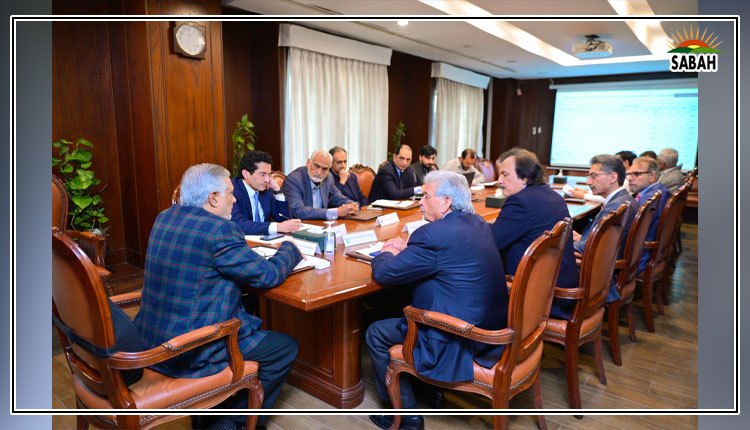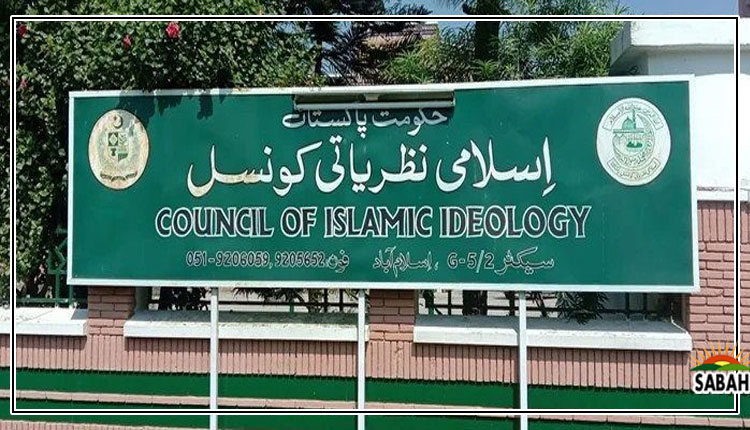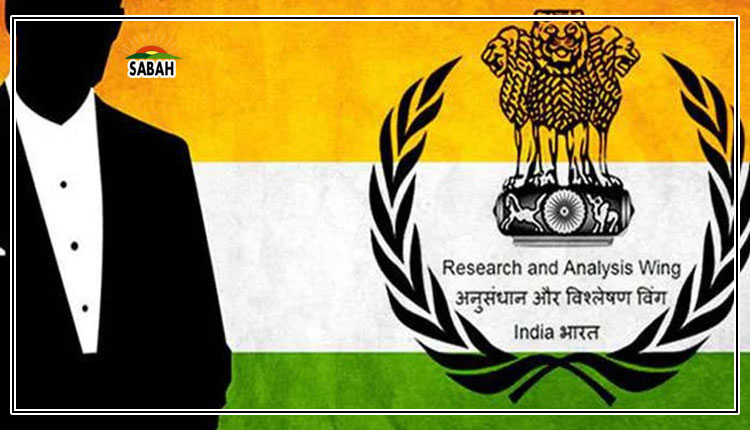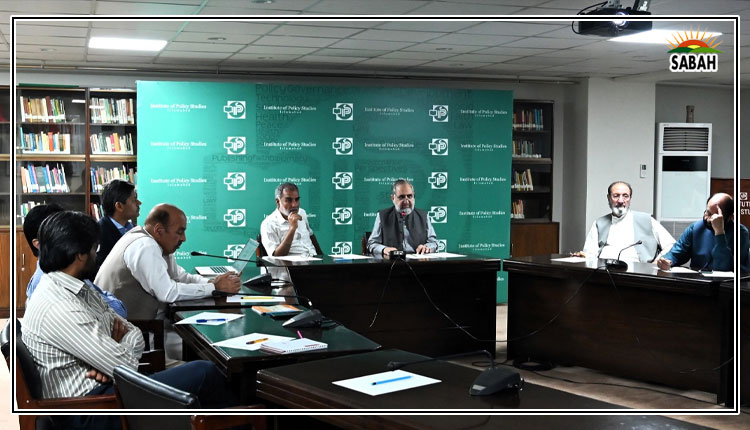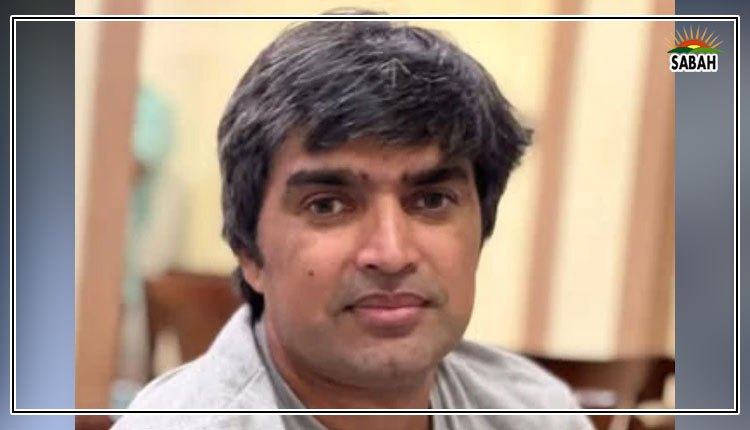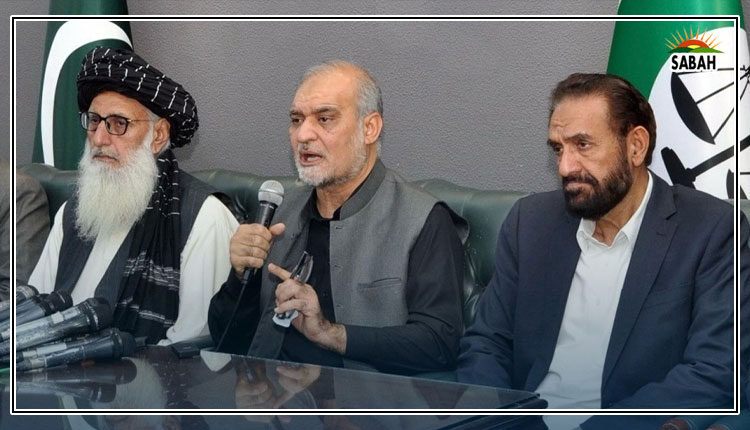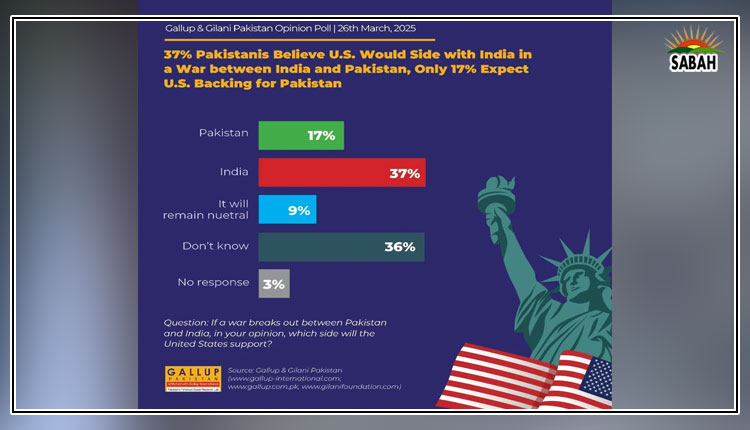Fighting terrorism … Muhammad Ali Siddiqi
TERRORISM is as old as war, which means as ancient as the first traces of organised human community. In the middle of the last century, Sindh suffered the ravages of terrorism, despite the fact that its perpetrators lacked today’s deadly sophistication.
It was a Sindh without roads. You stepped out of Karachi, and the only vehicle was the bullock cart. But even in this state of what the media would today call ‘underdevelopment’, terrorists managed to continue their bloodthirsty campaign in a way that called for action.
In a letter addressed to the viceroy, Victor John Hope, Haji Sir Abdullah Haroon, a Sindh Muslim League leader who was a close associate of the Quaid-i-Azam, drew the viceroy’s attention “to widespread terrorism” that had made people’s lives miserable. As chief of the Sindh Muslim League and as a lawmaker, Haroon pointed out that “during the last four years”, Sindh had known no peace owing to “the weakness of the administration of law and order. Terrorist crime has become almost a normal feature of life. Hundreds of people have fallen [prey] to the assassins’ hatchet, and armed gangs of terrorists have been carrying [on] their depredations without any fear of the arm of law reaching them”.
Writing to the viceroy as chief of the Sindh Muslim League and as a lawmaker in what today we would call the federal assembly at Delhi, Haroon argued that if the viceroy called for “a comprehensive list of crimes of this nature, committed during the last three years”, he would “easily be in a position to realise the gravity of the situation”. The matter would appear all the more serious if the viceroy took “note of the fact that hardly one per cent of the offenders involved in this type of crime has been brought to book. This scandalous state of affairs has been there for several years without the administration having been able to improve it even in the slightest degree”.
Sindh’s worsening law and order situation was a source of unending worry for Haroon, because he was chief of the Sindh Muslim League, and the people looked to him for reversing the situation. In his presidential address at the seventh session of the 1920 Sindh Provincial Conference at Sukkur, Haroon spoke of “repression” in Sindh and how people from both Muslim and Hindu communities were being subjected to oppression by government officials. He spoke of “the aberration of mind” which Sindh officials had developed. “Losing their balance completely”, they “launched […] a policy of repression” in a province which otherwise was largely peaceful. They started “with indiscriminate house searches at Karachi, and arrested innocent men for conspiring against the government”. He named the two Hindu leaders who were arrested for a leaflet “alleged to have been seditious”, which should not have in any case upset the “peace of mind of any sober mind”, and “undue sentences were passed against both of them.”
He regretted that the government was using the Khilafat Movement to round up innocent people and branding it a religious question, even though the Khilafat issue had nothing to do with religion.
Before he entered politics, Haroon was known initially for his charitable work that included the establishment of orphanages and schools, for he knew what poverty was. Devoted to his mother, Haroon was intelligent enough to learn from poverty and from the interplay of business and human nature, for the boy who sold haberdashery during Karachi’s burning afternoons one day came to be known as India’s ‘sugar king’ because he was the leading importer of a commodity the subcontinent didn’t manufacture.
Haroon entered politics to one day become a close associate of Quaid-i-Azam Mohammad Ali Jinnah and was part of that Muslim League committee which drafted the Pakistan resolution. By any standards, Haroon had a personality which a relative described as “massive”. He was six feet tall, “well-built and strong [and] had honey-coloured almond eyes”.
He died on April 27, 1942, and those who condoled with the family besides Jinnah included Mahatma Gandhi and admirers from all over India and abroad.
In his condolence message to the family, Jinnah said he was “deeply grieved to hear the sad news of the sudden death of Haji Sir Abdullah Haroon. Sir Abdullah was one of the strongest pillars of the Muslim League and had rendered great service not only to the Musalmans of Sindh but also to Muslim India as a whole. As a member of the working committee of the Muslim League he made very valuable contribution to its deliberations. With his keen business instinct, he made himself a very valuable member of the working committee: My deepest and sincere sympathy go out to Lady Haroon, Yusuf Haroon and other members of his family in this bereavement”.
The writer is Dawn’s External Ombudsman and an author.
Courtesy Dawn, April 27th, 2024


